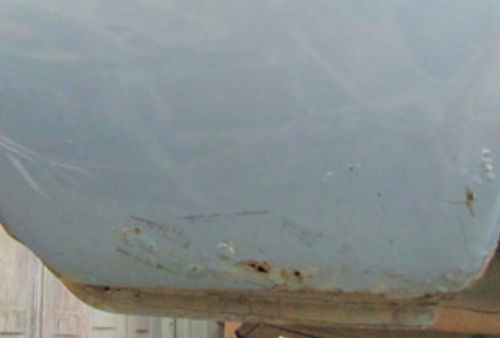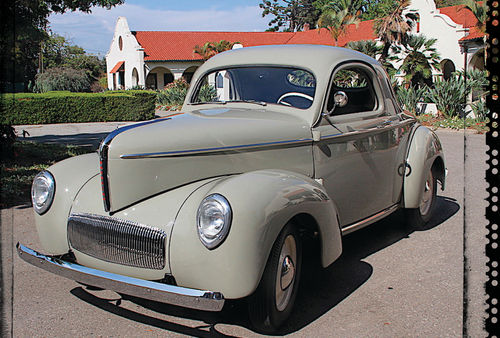Tuning mechanical fuel injection
Question:
Regarding the reader questions on tuning engines with mechanical fuel injection, there is now a new tool available at a price all can afford.
Everybody serious about tuning fuel injection is using a “wide band air/fuel ratio meter.” These give the user an instantaneous view of whether the fuel mixture is correct.
The wide band air/fuel ratio meter is like an oxygen sensor, but it covers the entire engine operational range of fuel. It works on carbureted engines too.
Answer:
Measuring the oxygen content of exhaust gas is normally a very accurate way to measure the air/fuel mixture going into an engine.
A conventional narrow-band O2 sensor, which is the type traditionally used in late model cars, is only accurate in the vicinity of the stoichiometric range, which is the narrow range on either side of a 14.7:1 air/fuel ratio.
With the invention of a wide band O2 sensor, namely the extensively used and affordable LSU4 from Bosch, tuners could evaluate the air/fuel mixture in a much wider range.
This encouraged manufacturers to develop reasonably priced wide band air/fuel ratio meters that work with the wide band O2 sensor.
As you point out, these are indeed very useful in tuning both fuel-injected and carbureted engines, though I’m not sure that I agree with your position that “all can afford” this new tool.
Prices for the majority of the meters range from slightly less than $300 up to about $400. That may be inexpensive for a shop or large-scale collector with a lot of cars to care for, but perhaps a bit pricey for the average collector who has one car to tune.















